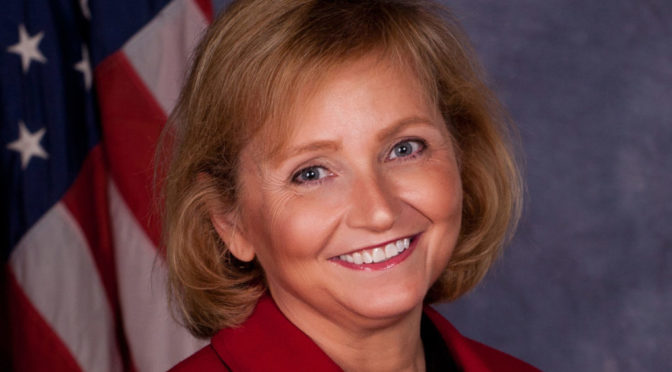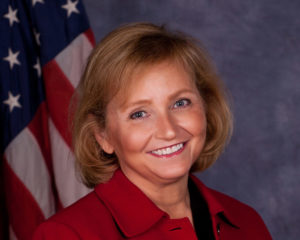KDHE issues new recommendations for quarantine and isolation of travelers,
close contacts and those being tested
TOPEKA – The Kansas Department of Health and Environment (KDHE) is issuing new guidance today surrounding COVID-19, including travelers, close contacts of confirmed cases and those being tested.
KDHE is now recommending 14-day home quarantine for Kansans who have:
- Traveled to a state with known widespread community transmission (currently California, New York and Washington state) on or after March 15.
- Visited Eagle, Summit, Pitkin and Gunnison counties in Colorado within the past week.
- Traveled on a cruise ship on or after March 15.
- People who have previously been told by Public Health to quarantine because of their cruise ship travel should finish out their quarantine.
- Traveled internationally on or after March 15.
- People who have previously been told by Public Health to quarantine because of their international travel should finish out their quarantine.
- Received notification from public health officials (state or local) that you are a close contact of a laboratory-confirmed case of COVID-19. You should quarantine at home for 14 days since your last contact with the case. (A close contact is defined as someone who has been closer than 6 feet for more than 10 minutes while the patient is symptomatic.)
“We know there are a lot of questions and concerns from people,” Dr. Lee Norman, KDHE Secretary, said. “One thing we want to stress is that having contact with someone who may have been exposed to someone who may be a COVID-19 case is not a reason to worry or quarantine yourself. Public health officials will notify you if you are a close contact of a confirmed case of COVID-19.”
There is no need for returning travelers to notify KDHE about their return. Information on COVID-19 cases in the U.S. and states with community transmission can be found at www.cdc.gov/coronavirus/2019-ncov/index.html.
Home Quarantine Guidelines
Those who are under home quarantine should not attend school, work or any other setting where they are not able to maintain at about a 6-foot distance from other people.
If a person under quarantine develops symptoms of COVID-19 during their 14-day quarantine period, including a measured fever of 100.4 (F) or higher and lower respiratory symptoms like coughing or shortness of breath, they should contact their healthcare provider and tell them about their recent travel or other COVID-19 exposure.
Testing for COVID-19
Healthcare providers should evaluate exposure history and symptoms and call KDHE if COVID-19 is suspected. KDHE only approves COVID-19 testing requests from healthcare providers and local health departments.
People who are currently being tested for COVID-19 should remain in home isolation, or hospital isolation if symptoms are severe enough to be hospitalized, until test results are available. If the test result is negative, isolation is no longer required. If test results are positive for COVID-19, the person must remain in isolation until released by public health.
Prevention
There is currently no vaccine to prevent COVID-19. The best way to prevent illness is to avoid spreading the virus and to avoid being exposed to the virus. The virus is thought to spread between people who are within about 6 feet of each other for at least 10 minutes through droplets from coughing and sneezing.
To reduce risk, everyone should:
- Wash hands often with soap and water for at least 20 seconds or use a hand sanitizer that contains at least 60% alcohol.
- Avoid touching eyes, nose and mouth with unwashed hands.
- Stay home if you are sick.
- Cover coughs and sneezes.
- Clean and disinfect surfaces daily.
For more information, please visit the KDHE website at www.kdheks.gov/coronavirus. KDHE has a phone bank that is staffed Monday – Friday, 8 a.m. – 7 p.m. The phone number is 1-866-534-3463 (1-866-KDHEINF). KDHE also has an email address for general inquiries, [email protected]. Please note these contacts are for general questions and cannot provide you with medical evaluations. If you are feeling ill, please stay home and call your healthcare provider.
###

